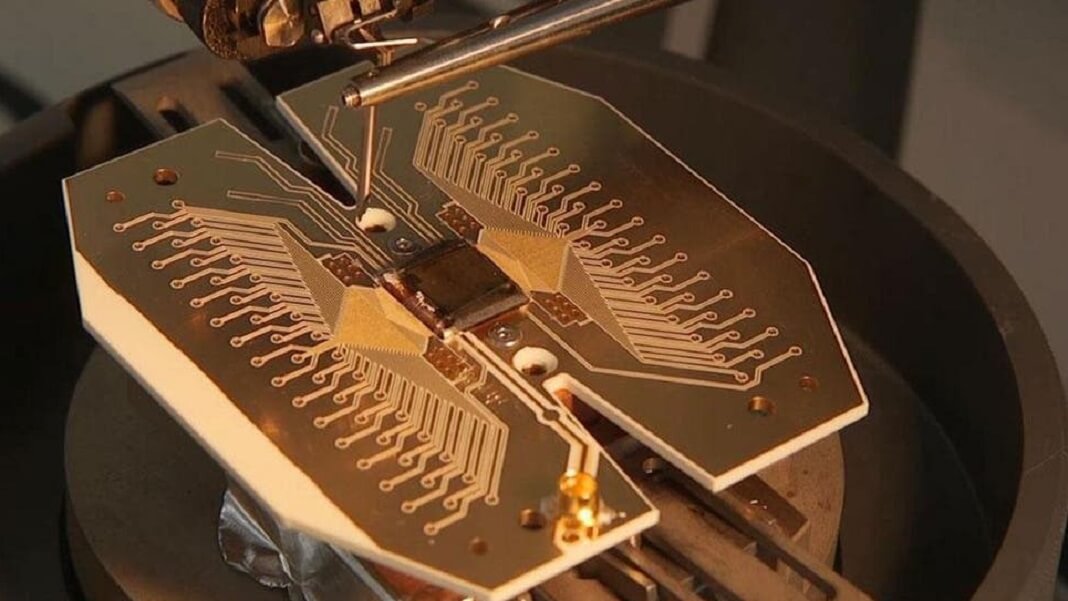
There was a time, not so long ago, when computers occupied entire rooms. Today, some processing units can come as small as a few specks of dust.

Researchers have proven that near error-free quantum computing is possible, paving the way to build silicon-based quantum devices compatible with current semiconductor manufacturing technology.

Random errors incurred during computation are one of the biggest obstacles in quantum computing. Researchers have now demonstrated a technique that allows errors to be detected and corrected in real time.

The new chip has 127 "qubits", twice as many as the previous IBM processor. The company called its new Eagle processor "a key milestone on the path towards practical quantum computation".

Australian scientists and Microsoft Corporation invented a single chip that can generate control signals for thousands of qubits, when the world’s biggest quantum computers currently operate with just 50 or so qubits.

Physicists report the development of a quantum algorithm with the potential to study a class of many-electron quantums system using quantum computers.

Fugaku was jointly developed by Riken and the firm Fujitsu and has a speed of roughly 415.53 petaflops—2.8 times faster than the second-ranked US Summit supercomputer's 148.6 petaflops.

An ambitious plan to build a quantum computer the size of a soccer field could soon become a reality. A startup founded by the researchers behind the idea has just come out of stealth with $4.5 million in funding.

Last year, Microsoft announced a billion-dollar investment in OpenAI. This year the company said they’d completed a supercomputer exclusively for OpenAI’s machine learning research.

Most quantum computers being developed around the world will only work at fractions of a degree above absolute zero. Now the researchers developed a quantum processor unit cell that works at 1.5 Kelvin.

A new study shows that heat energy can leap across a few hundred nanometers of a complete vacuum, thanks to a quantum mechanical phenomenon called the Casimir interaction. It could have profound implications for the design of computer chips.

A surprising new study shows that heat energy can leap across a few hundred nanometers of a complete vacuum, thanks to a quantum mechanical phenomenon. It could have profound implications for the design of computer chips and other nanoscale electronic components.

Researchers have made good on their claim to quantum supremacy. Using 53 entangled quantum bits ('qubits'), their Sycamore computer has taken on -- and solved -- a problem considered intractable for classical computers.

An international team have succeeded in transforming 20 entangled quantum bits into a state of superposition. This is an important step in the development of quantum computers after the old record of 14 qubits remained unchanged since 2011.

Scientists have discovered that terahertz light - light at trillions of cycles per second - can act as a control knob to accelerate supercurrents. That can help open up the quantum world of matter and energy at atomic and subatomic scales.